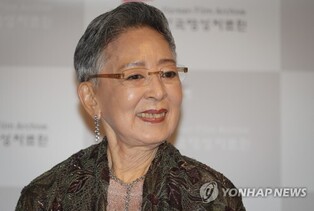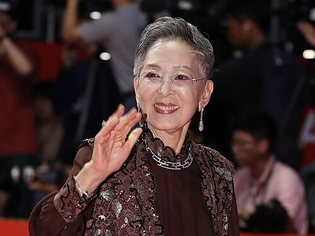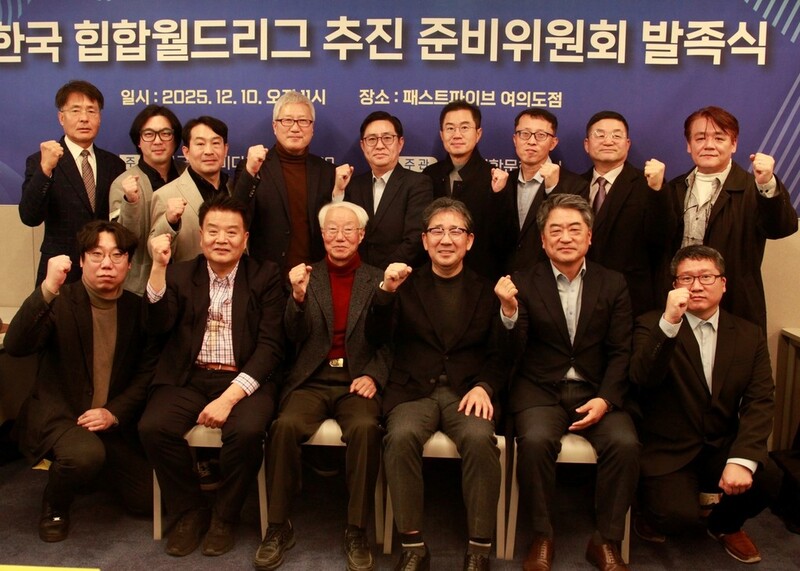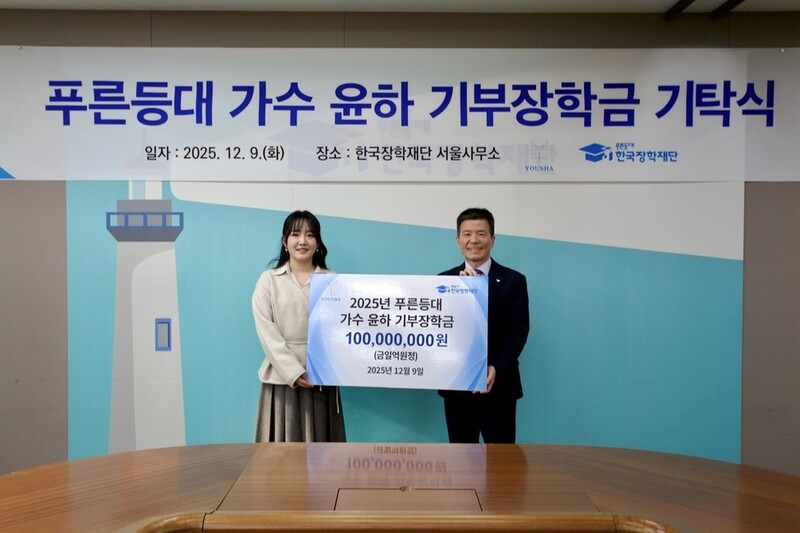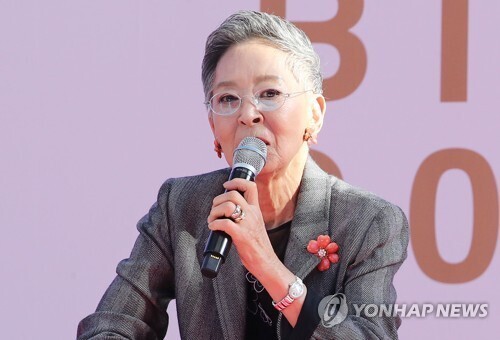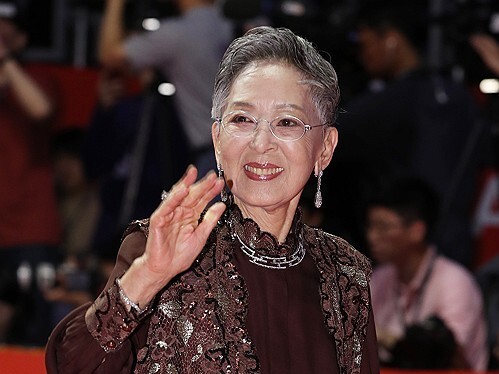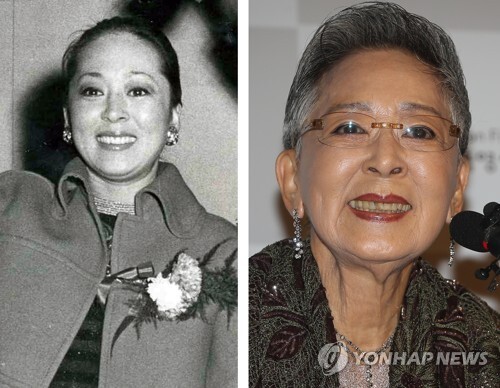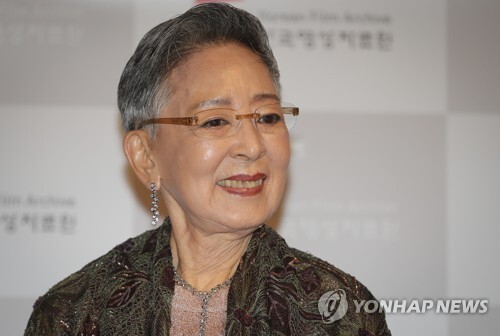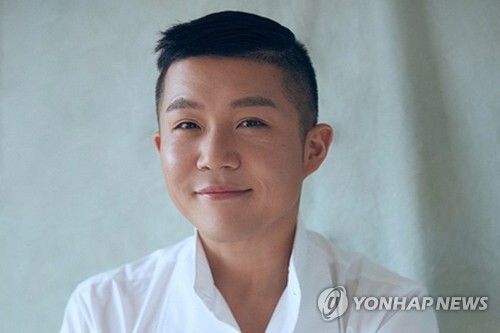dailies-editorials (1)
(EDITORIAL from Korea Herald on Oct. 15)
Productive longevity
Korea must push for reforms to unlock the untapped economic value of older Koreans
South Korea has entered a demographic inversion that few advanced economies have faced so abruptly. As of the end of 2024, those in their 70s outnumbered people in their 20s.
The milestone is more than a statistical curiosity; it exposes the structural limits of a labor market still built for a younger, expanding workforce. Unless the Korean government acts to turn longevity into a new source of growth, the country's model — strained by a falling fertility rate and stagnating output — risks hardening into demographic sclerosis.
The government's focus on birth incentives, while politically convenient, has yielded diminishing returns. Fertility policies consume vast fiscal resources with little impact on labor supply in the short to medium term.
What is required is a national strategy to expand the employment capacity of older citizens, not as social welfare but as an economic imperative. The era of longevity demands a labor system built for life after 60.
The potential is vast. By 2035, nearly 40 percent of Koreans will be aged 60 or above — a pool of human capital too large to be treated as dependents. Many remain healthy, educated and capable of making meaningful economic contributions.
Yet current systems, from retirement rules to wage structures, discourage continued participation. The "seniority-based pay" tradition raises costs for firms and pushes workers out just when their skills mature. Reforming it toward a pay system based on job value would allow experienced employees to stay longer.
State-led coordination is essential because market forces alone will not fix these inefficiencies. A patchwork of reemployment programs and part-time subsidies has produced uneven results. South Korea needs a coherent framework combining pension reform, reskilling investment and flexible work models to make older participation viable and socially normalized.
Nordic countries show that when governments integrate training, health management and tax incentives into a unified system, older workers remain assets rather than fiscal burdens.
Technology should also be deployed to reduce the physical barriers to senior work. Digital literacy training, ergonomic adaptation and hybrid arrangements can extend active years. The government's digital transformation drive, currently focused on startups and youth employment, must be widened to include aging professionals.
An older workforce is not a liability to the AI-led economic transformation but a stabilizing force for sectors requiring reliability, experience and mentoring.
Corporate attitudes must evolve as well. Korean conglomerates that pride themselves on innovation often maintain ageist hiring and promotion practices that narrow their talent base.
The public sector can lead by example: opening positions for senior experts in advisory, technical and administrative capacities, backed by performance-based evaluation rather than tenure. Private companies should be incentivized through targeted tax credits or social insurance rebates to redesign roles that utilize veteran professionals.
Financing this shift will test fiscal discipline, but the costs are manageable compared with the long-term drag of underused human capital. Every percentage-point rise in the employment rate of Koreans aged 60 to 74 could add roughly 0.3 percentage points to gross domestic product growth, according to local think-tank estimates. This leverage makes longer working lives not a welfare expense but a productivity policy.
South Korea's demographic tipping point should therefore be read not as decline but as evolution. The same forces that shrink its youth population can enlarge its reservoir of experience. A society that learns to mobilize the latter will not only offset labor shortages but redefine what "working age" means.
The government's task is to align policy, institutions and culture before demographics calcify into a crisis. Longevity is an achievement; whether it becomes an economic strength depends on how swiftly and decisively South Korea adapts its labor system.
(END)
(C) Yonhap News Agency. All Rights Reserved









